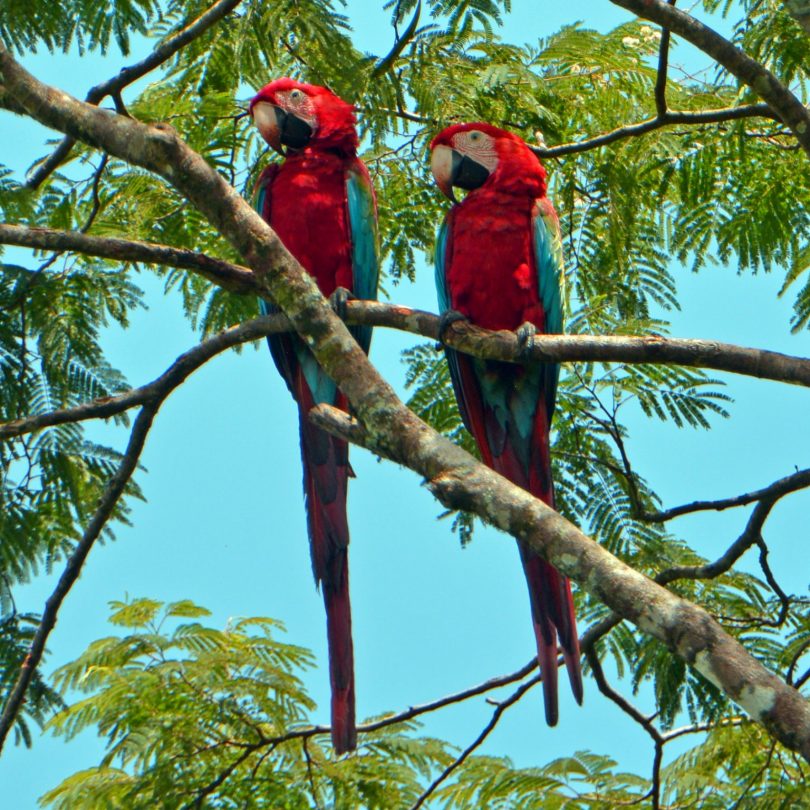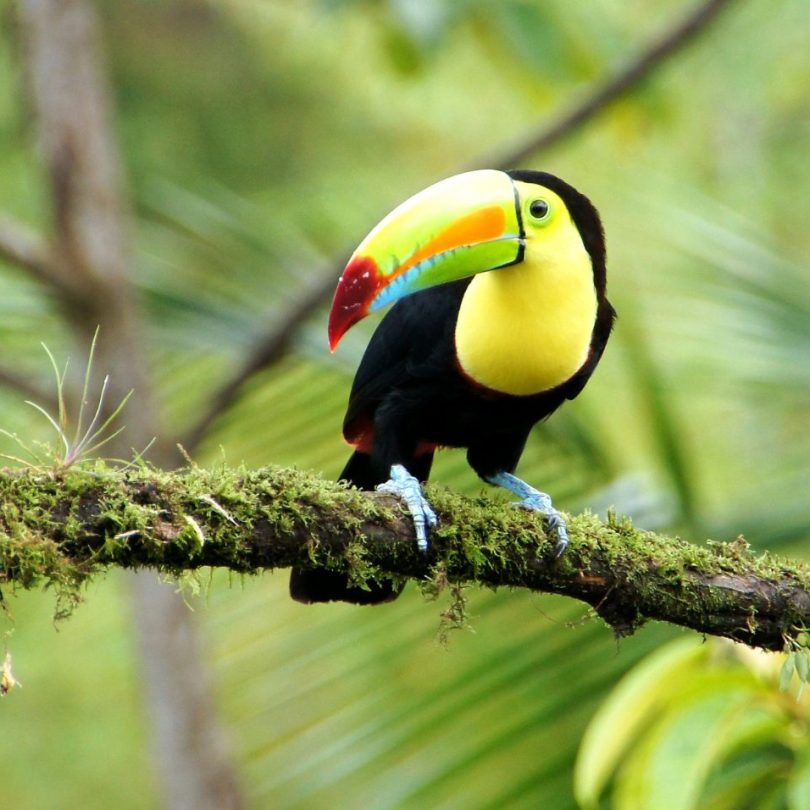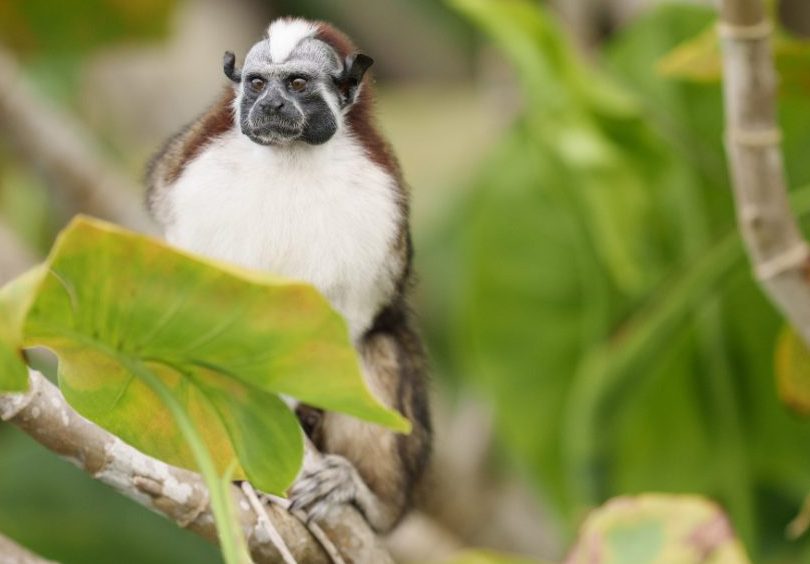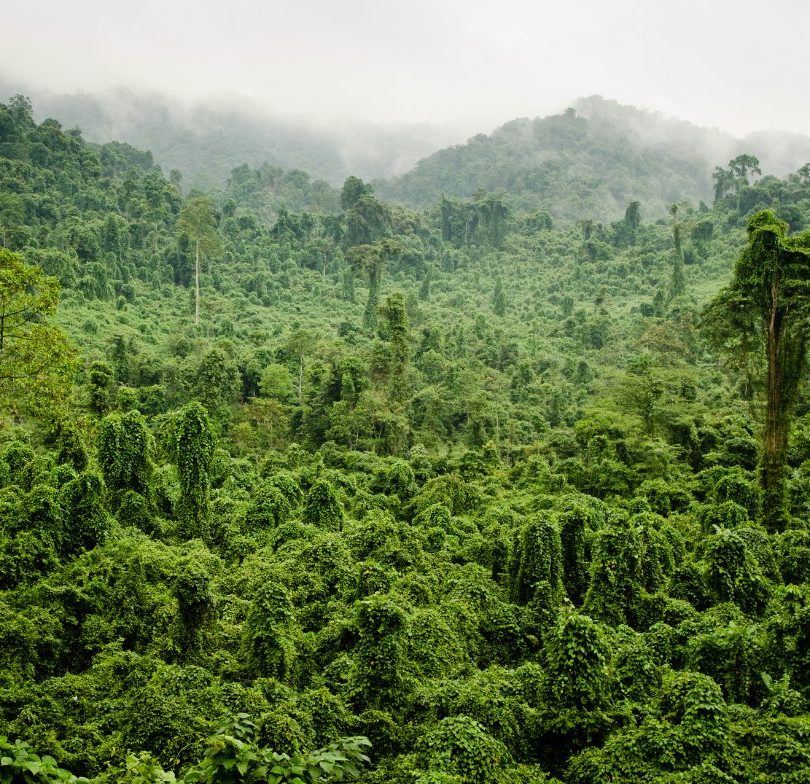To effect genuine long-term change at a landscape scale, the restoration of natural ecosystems must happen alongside existing and traditional local land use in order to protect livelihoods and food security. rePLANET has pioneered unique blended project designs, where large-scale reforestation takes place alongside an improvement in existing agricultural practices. The increased productivity and sustainability of agriculture compensates local communities for the areas given up for reforestation, allowing the two to co-exist rather than compete.
We fund these projects by generating high quality carbon removal credits offering buyers not only the strongest additionality, but also market-leading nature and social co-benefits. The biodiversity gains achieved by the project are measured using the world-leading Wallacea Trust Methodology, providing a results-based quantified nature co-benefit. We also guarantee at least 60% of total project income going to local stakeholders via our powerful benefit sharing commitment.





